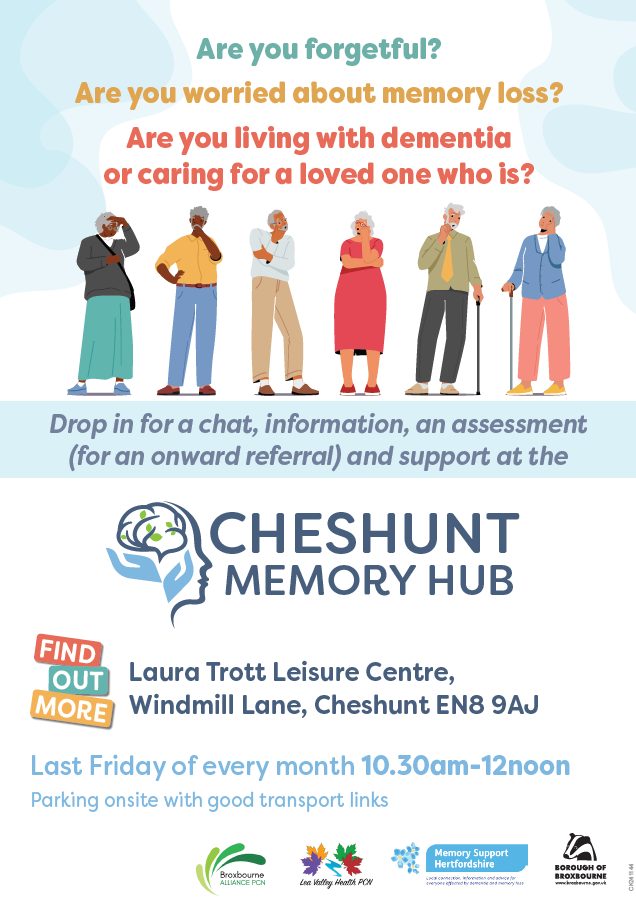Dementia is an umbrella term for a range of progressive conditions that affect the brain.
Each type of dementia stops a person’s brain cells (neurones) working properly in specific areas, affecting their ability to remember, think and speak.Doctors typically use the word ‘‘dementia’’ to describe common symptoms – such as memory loss, confusion, and problems with speech and understanding – that get worse over time. Dementia can affect a person at any age but it’s more common in people over the age of 65.
There are over 200 subtypes of dementia. The most common are Alzheimer’s disease, vascular dementia, Lewy body dementia, frontotemporal dementia and mixed dementia.
By 2025, it’s estimated that over one million people in the UK will have a diagnosis of dementia – and almost all of us will know someone living with the condition.
Stages of dementia
Dementia is a progressive condition that gets gradually worse over time, and as yet, there is no cure or treatment that slows this progression down. This may happen quickly or slowly, depending on factors including the type of dementia, the person’s age, their general health, and their lifestyle. It can be helpful to think of dementia progressing in three stages – early, middle and late stages.
Local Support
The Maples Health Centre along with our Primary Care Network, Broxbourne Alliance and partners are working together to promote better awareness and support for patients who feel that they or a loved one may be affected by memory loss or forgetfulness’.
The Cheshunt Memory Hub will be held on the last Friday of every month 10.30am to 12 noon at the Laura Trott Leisure Centre (formerly Grundy Park) where patients can drop in for a Chat, get more information, an assessment and support for both the patient and their family or friends.

information and links from https://www.dementiauk.org/